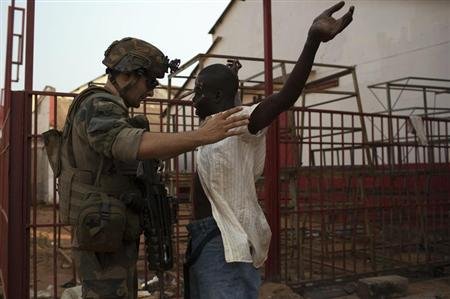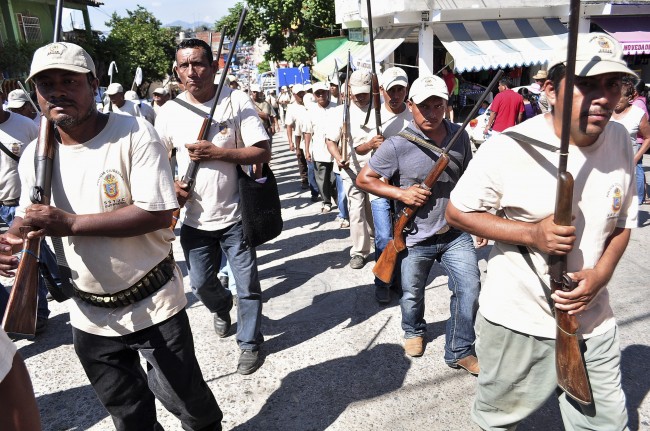By Brian Lanciault
Impunity Watch Reporter, Asia
BANGKOK, Thailand–Thailand’s government announced Tuesday that it will move forward with an election set to take place this weekend despite a violent opposition boycott, street protests, and the prospect of even greater violence in the country’s political crisis.

The announced its plan after Prime Minister Yingluck Shinawatra met with the Election Commission, which had plans to delay the election.
The decision to hold Sunday’s parliamentary balloting is expected to further inflame tensions and produce violence. One protest leader was killed and at least a dozen others were injured in a clash last Sunday as protesters swarmed polling stations in an effort to stop advance balloting. Since November 30, 10 people have died and at least 577 have sustained serious injuries.
Anti-government protesters occupying parts of Bangkok have demanded that Yingluck step down before the election. Protesters argue that she should be replaced by a non-elected interim government that would institute reforms to remove her family’s weighty influence from the political structures. The opposition Democrat Party, which backs the protests, is boycotting the election.
The crisis places followers and opponents of former Prime Minister Thaksin Shinawatra against one another. Thaksin, a billionaire and Yingluck’s older brother, was deposed by a military coup in 2006 after accusations of corruption and abuse of power. Since then the two sides have been engaged in a sometimes violent struggle for power.
Yingluck’s supporters, including many people in the countryside who benefited from Thaksin’s populist policies, are demanding that they be allowed to vote.
‘‘The longer this crisis goes on, the more dangerous it becomes,’’ said Chris Baker, a Bangkok-based political analyst and writer. ‘‘The economy is clearly suffering already. It will suffer more the longer it goes on. The chances of violence keep increasing because emotions are getting stoked up.’’
Several hundred protesters laid siege to Tuesday’s meeting between Yingluck and the Election Commission.
Election Commissioner Somchai Srisutthiyakorn said more violence was expected during the polls and would further damage the country.
‘‘I think Thailand has suffered enough and no one should be hurt or die from this election,’’ Somchai told reporters.
Somchai earlier said he would tell Yingluck about the problems enveloping Sunday’s election, including the lack of workers and meager equipment, which has yet to reach many provinces. The disruptions have been caused largely by the protesters, and some senior government officials have accused the Commission of supporting the anti-government side.
Deputy Prime Minister Pongthep Thepkanchana said the Commission and the government had different views and the election would therefore move forward as scheduled. A court ruled last week that the election could only be postponed by mutual agreement between the prime minister and the Election Commission.
‘‘If we postpone the election, will the problems go away? The people who are causing trouble didn’t say they would stop if it’s postponed,’’ Pongthep said. ‘‘The longer it is postponed, the more damage it will cause the people and the country.’’
For more information, please see:
The Hindu–200,000 police to be deployed for Feb 2 snap polls in Thailand— 29 January 2014
Times of Oman–Thailand to deploy 10,000 police in capital to secure voting— 29 January 2014
Channel News Asia–“No” option valid political choice in upcoming Thai election— 29 January 2014
The Boston Globe–Thai government says no delay in Sunday election— 29 January 2014


